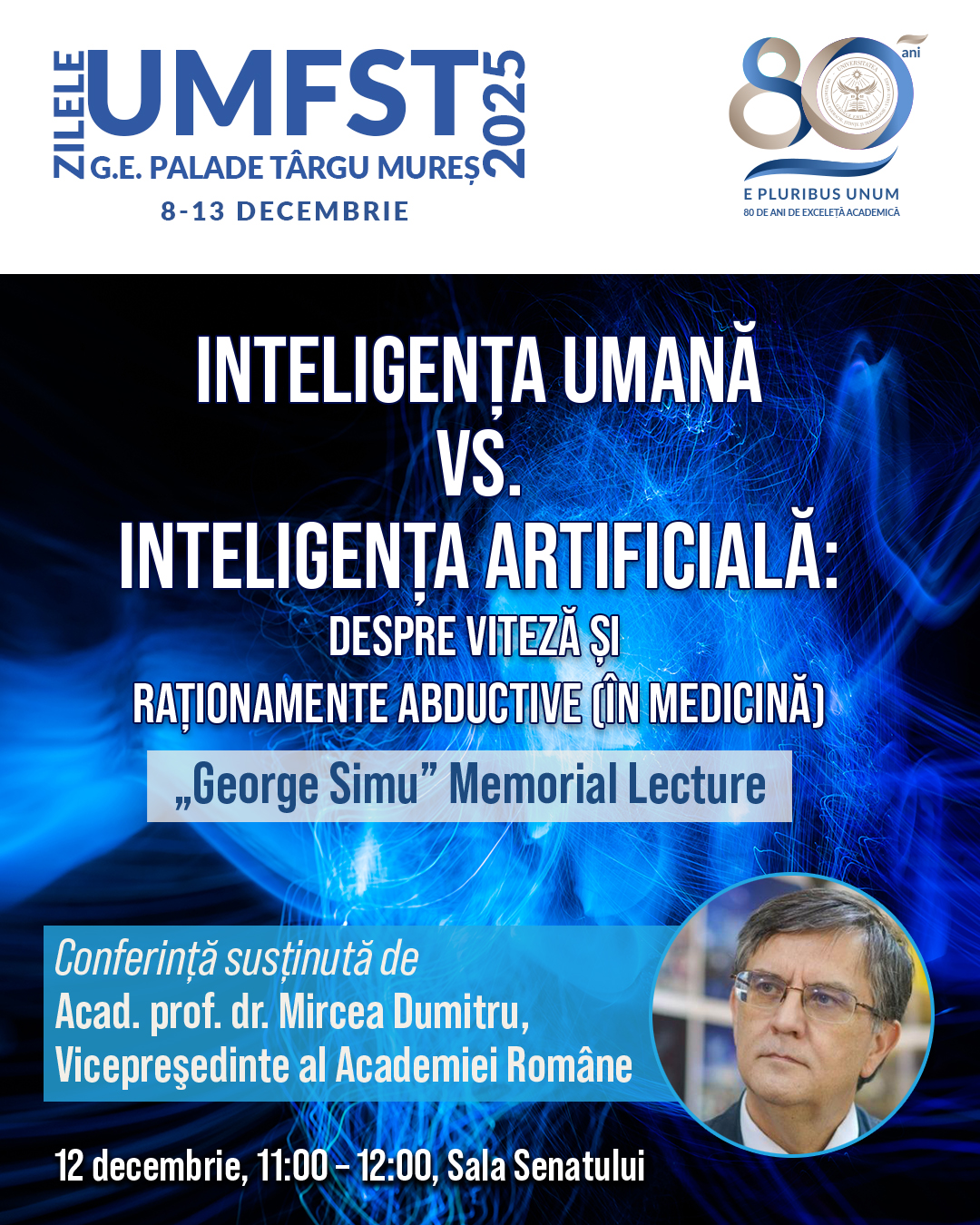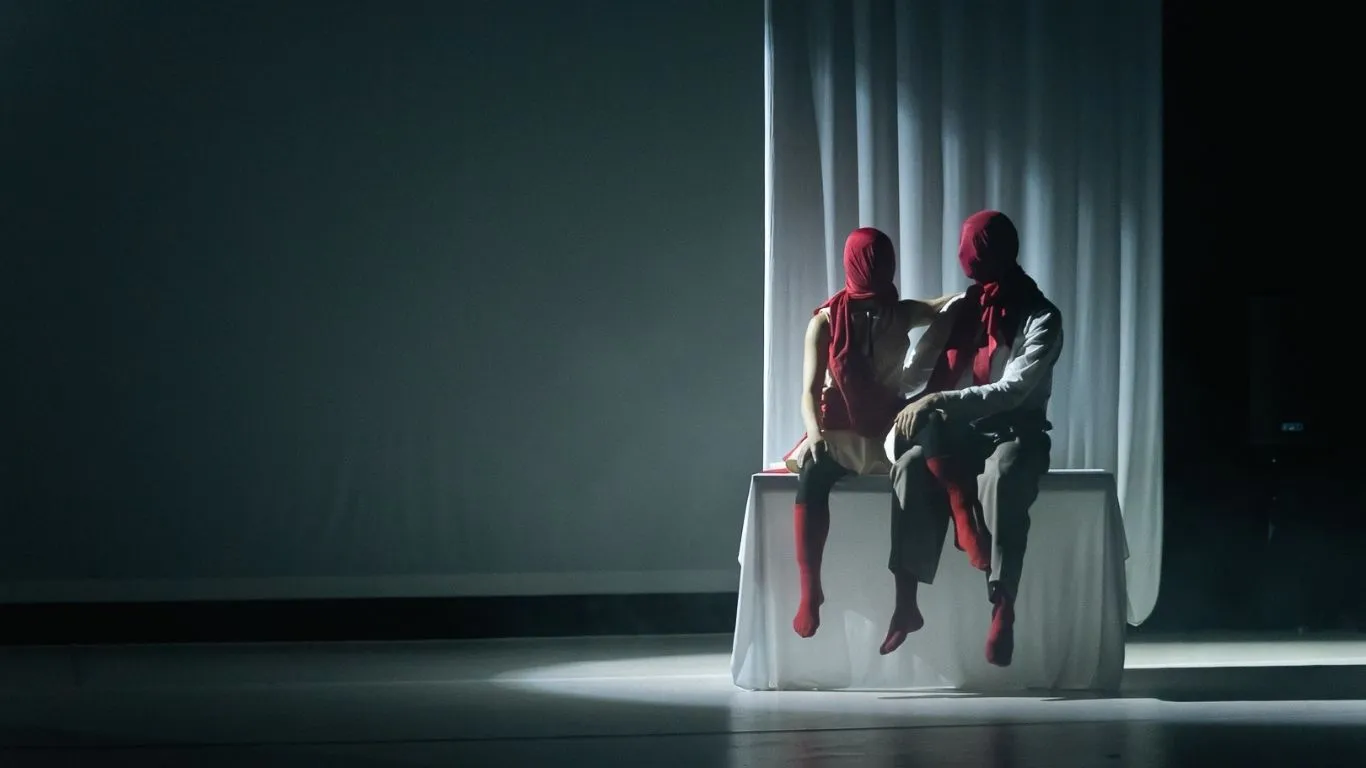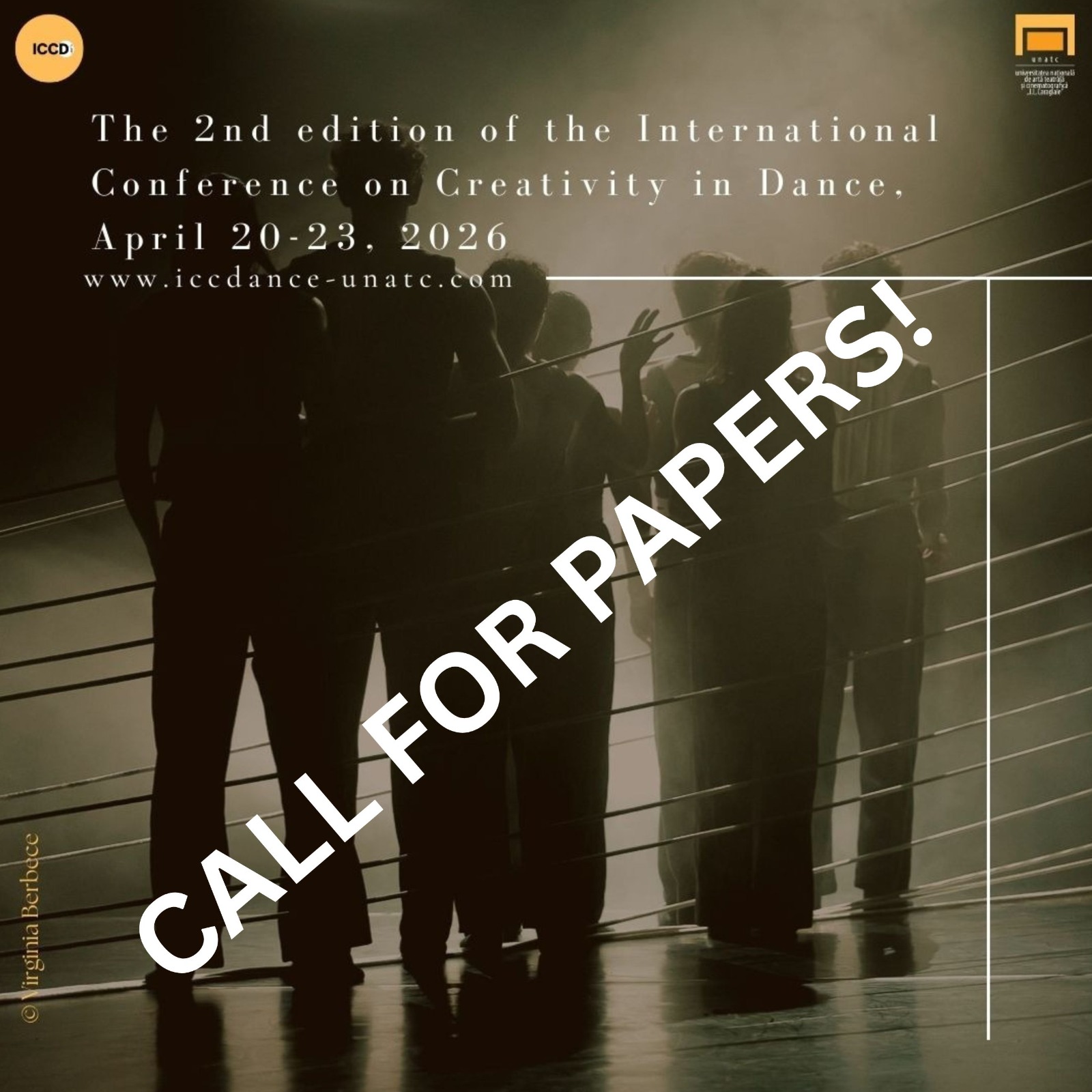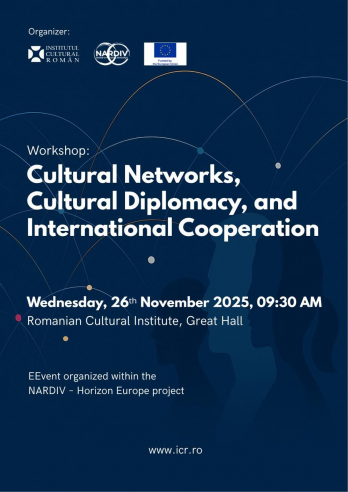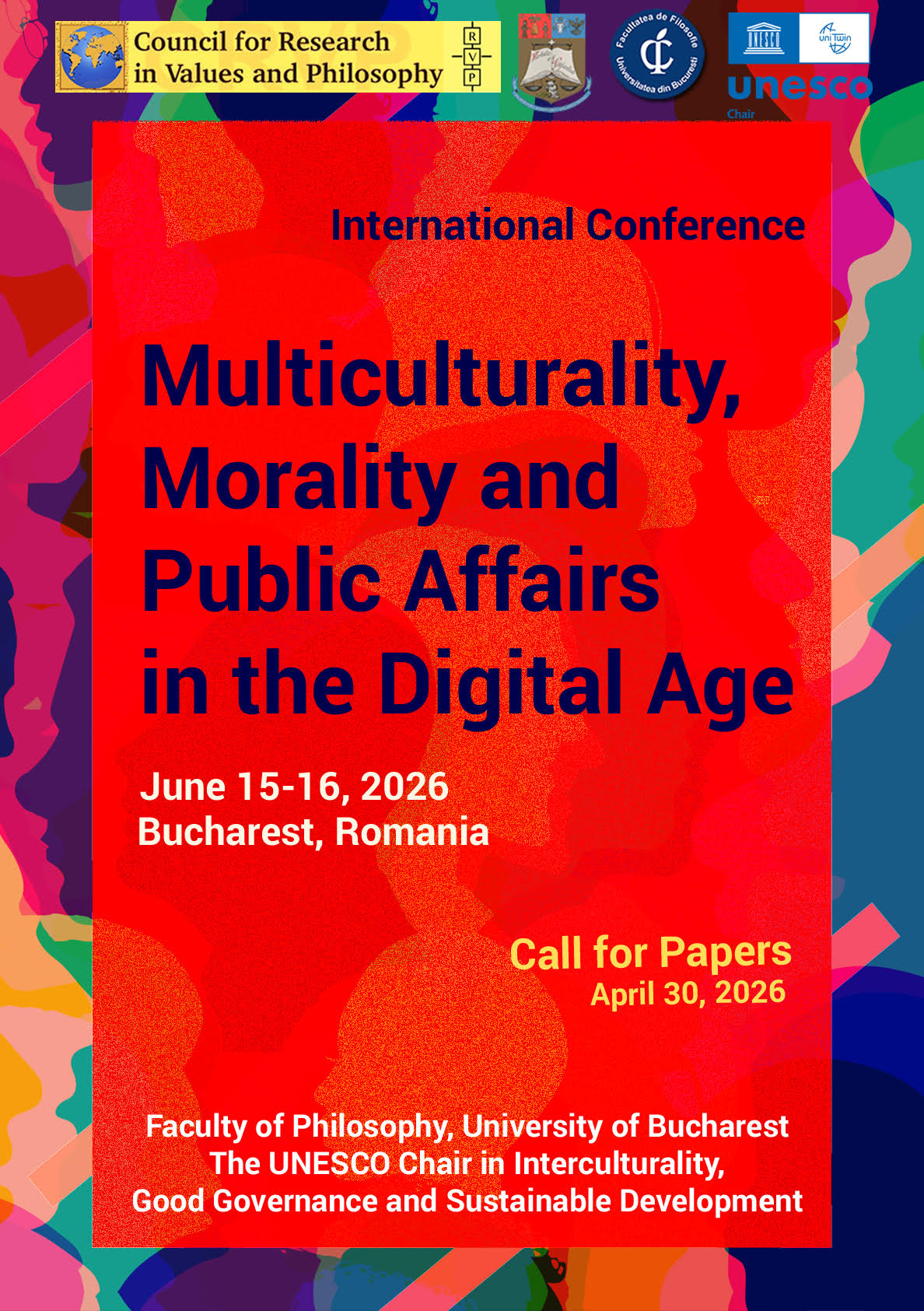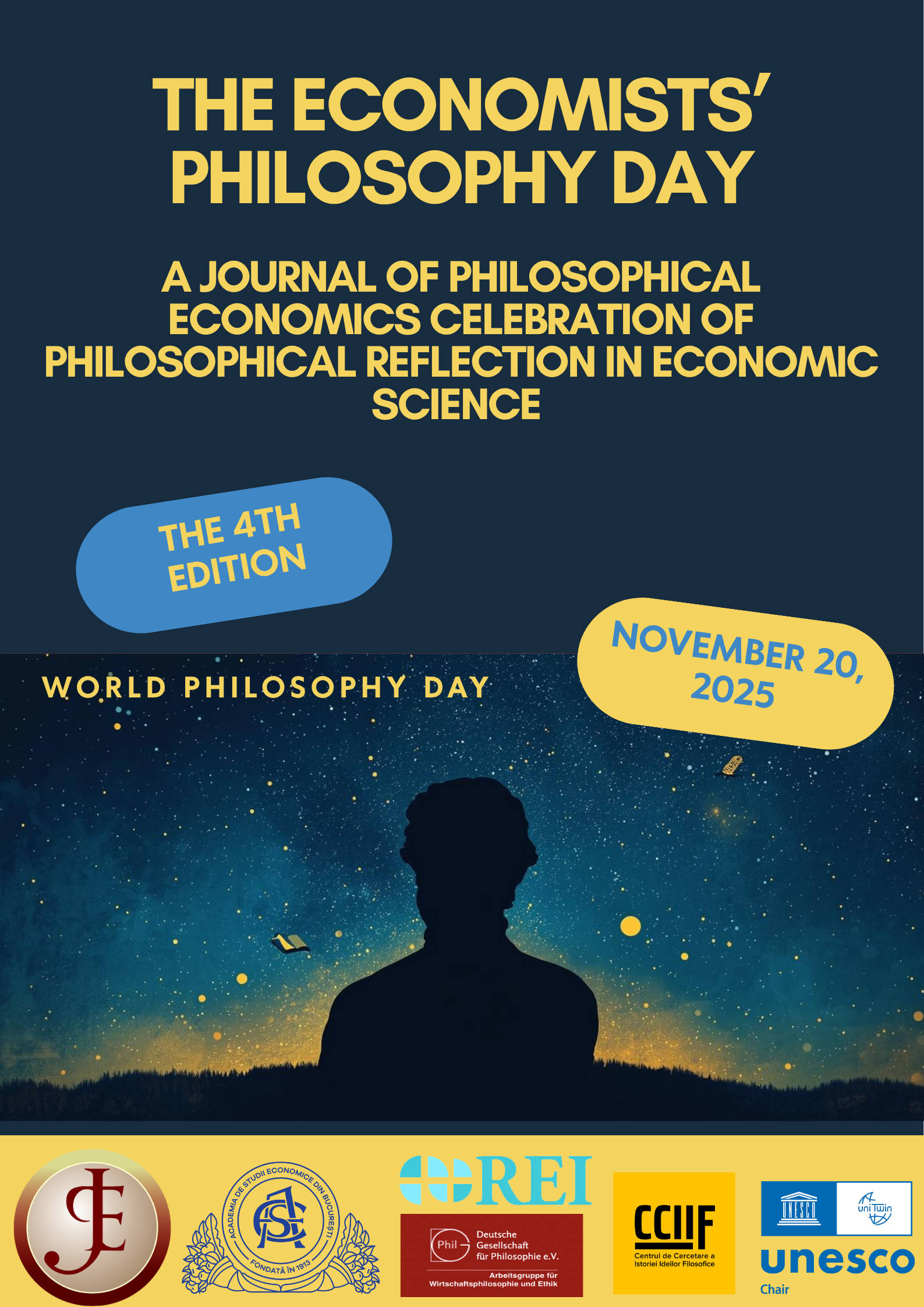„George Simu” Memorial Lecture – Conferință susținută de Acad. Mircea Dumitru în cadrul Zilelor UMFST
„Inteligența umană vs. Inteligența artificială: despre viteză și raționamente abductive (în medicină)” - „George Simu” Memorial Lecture
Conferință susținută de Acad. Mircea Dumitru în cadrul Zilelor UMFST
12 decembrie 2025
„George Simu” Memorial Lecture – Conferință susținută de Acad. Mircea Dumitru în cadrul Zilelor UMFSTineri, 12 decembrie 2025, ora 11:00, Sala Senatului a Universității de Medicină, Farmacie, Științe și Tehnologie „George Emil Palade” din Târgu Mureș a fost gazda prestigiosului eveniment „George Simu” Memorial Lecture, susținut de Acad. Mircea Dumitru, Vicepreședinte al Academiei Române și una dintre cele mai influente voci ale filosofiei contemporane din România.
Tema conferinței – „Inteligența umană vs. Inteligența artificială: despre viteză și raționamente abductive (în medicină)” – a adus în prim-plan o perspectivă profund interdisciplinară asupra interacțiunii tot mai complexe dintre gândirea umană și noile paradigme tehnologice din domeniul medical.
Citate semnificative din prelegerea Acad. Mircea Dumitru (conform https://hotnews.ro/argumentul-numarului-2-din-academia-romana-privind-noua-alianta-dintre-ai-si-oameni-2129788)
„Este o temă de foarte mare actualitate și de foarte mare interes, cu o miză – în sensul cel mai mare al cuvântului – politică, culturală, existențială. Titlul e formulat într-o manieră adversativă, acel versus care sugerează o opoziție între inteligența umană – biologică, istorică, culturală – și cea artificială, creată de noi. Dar eu nu pledez pentru o astfel de opoziție. Dimpotrivă, propun o nouă alianță.”
„Cred că noi, oamenii, vom avea de câștigat dacă știm să ne adaptăm și să folosim inteligent inteligența artificială. Această tehnologie are un potențial imens, dar trebuie integrată în mod responsabil și etic.”
„Am avut o discuție foarte interesantă cu domnul rector despre felul în care AI pătrunde deja în numeroase ramuri ale medicinei. Unele se vor reconfigura complet, iar altele vor arăta complet diferit în următorii ani.”
„Această alianță trebuie gândită păstrând ceea ce este specific și definitoriu pentru inteligența umană și pentru algoritmii care susțin AI. Viteza cu care aceste tehnologii devin bunuri de consum este amețitoare – iar adaptarea noastră trebuie să fie pe măsură.”
Evenimentul a fost organizat în cadrul Zilelor Universității (8–12 decembrie 2025), care marchează 80 de ani de istorie instituțională a UMFST – o tradiție care celebrează performanța academică și aduce în prim-plan contribuțiile valoroase ale membrilor comunității universitare.

